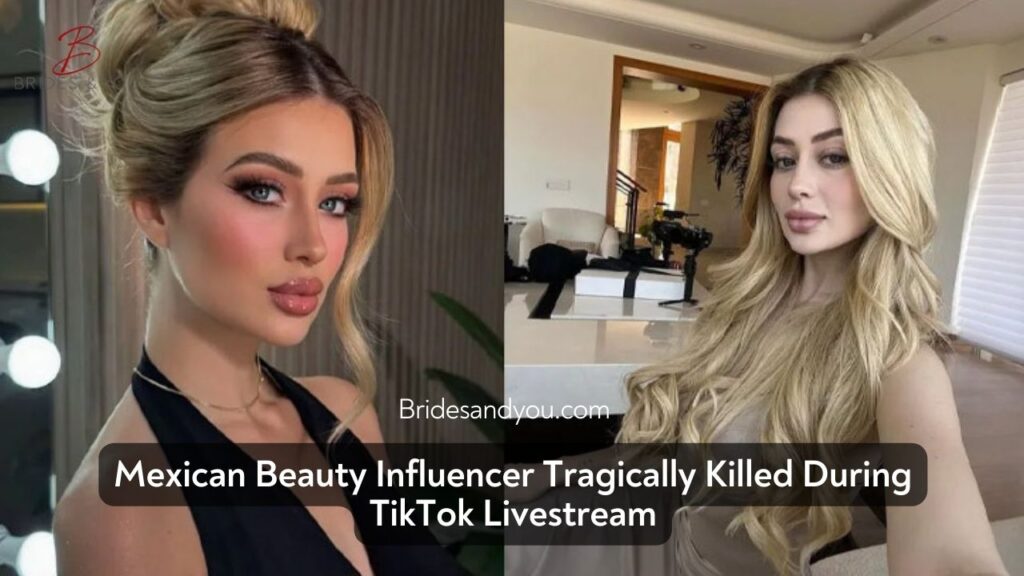Now Reading: ‘jafa’ Depicts Domestic Violence With Purpose
-
01
‘jafa’ Depicts Domestic Violence With Purpose
‘jafa’ Depicts Domestic Violence With Purpose

The television drama Jafaa offers an unflinching portrayal of domestic abuse, presenting it not as isolated moments of anger but as a pervasive cycle of control, violence, and manipulation. In stark detail, Jafaa pulls viewers into the horror of an abusive relationship, forcing us to confront the reality that, for too many, “the first slap is never the last.”
Through the character of Zara, played by Mawra Hocane with an intensity that is both raw and moving, Jafaa showcases the emotional and physical toll of enduring domestic violence. The story is hauntingly familiar, reminding viewers that this cycle is not just a plotline but a grim reality for countless individuals. When Zara’s abuser, Hassan, raises his hand, it isn’t just a single event; it is the beginning of repeated harm that slowly breaks her spirit. This portrayal reminds us of the alarming statistics released by the National Commission for Human Rights (NCHR) in 2023, which highlight that 80% of the 63,000 gender-based violence cases in Pakistan are linked to domestic abuse.

Jafaa doesn’t shy away from the intricate web that binds victims to their abusers. Hassan’s manipulative behavior is alarmingly realistic; he doesn’t rely solely on violence but on charm, promises, and apologies to keep Zara trapped. The cyclical hope that he will change—a hope that many victims cling to—proves to be more of a prison than a path to healing. This misguided hope is further perpetuated by figures like Hassan’s Dadi, who represents the family members and community members who excuse, dismiss, or hide the abuse, believing it’s temporary or that abusers can change through mere words or promises. Jafaa suggests that these enablers bear just as much responsibility as the abusers, as they maintain an environment where abuse can thrive unchecked.
The drama delves even deeper, exploring the cultural taboos that keep victims silent. Zara’s Dadi advises her to “not tell everything,” reflecting a cultural narrative that encourages women to endure their suffering rather than seek support. As a result, Zara finds herself isolated, cut off from potential sources of help. This silent endurance is a dangerous, pervasive theme in society that Jafaa exposes with brutal honesty.
Another misconception Jafaa tackles is the belief that a child can save a broken relationship. Many women, in an attempt to “fix” things, hope that a child will bring love and peace. However, Jafaa bluntly dispels this myth, showing that a child cannot mend the wounds of abuse or repair what is already beyond fixing. The drama uses this storyline to subtly discuss birth control, a taboo subject in many households, making an important statement on reproductive rights and responsible choices.
In addition to the profound narrative, Jafaa is strengthened by stellar performances. Mawra Hocane captures Zara’s pain with haunting realism, while Mohib Mirza’s portrayal of Hassan is chilling, blending the disturbing charm and volatility characteristic of real-life abusers. Usman Mukhtar’s understated yet compelling performance also adds depth, making the audience feel deeply for each character.

While Jafaa’s portrayal of domestic abuse is powerful, the production could have benefited from including a trigger warning before intense scenes. For viewers who may find such scenes overwhelming, this would offer a moment to prepare, as scenes of abuse can be deeply impactful.
Ultimately, Jafaa isn’t just a drama—it’s a call to action. It brings awareness to the truth that abuse is a choice, not a mistake, and that second chances can be dangerous when given to those who repeatedly choose violence. The message is clear and necessary: if there’s a first slap, there will likely be another, and leaving could be the only way to break the cycle.













